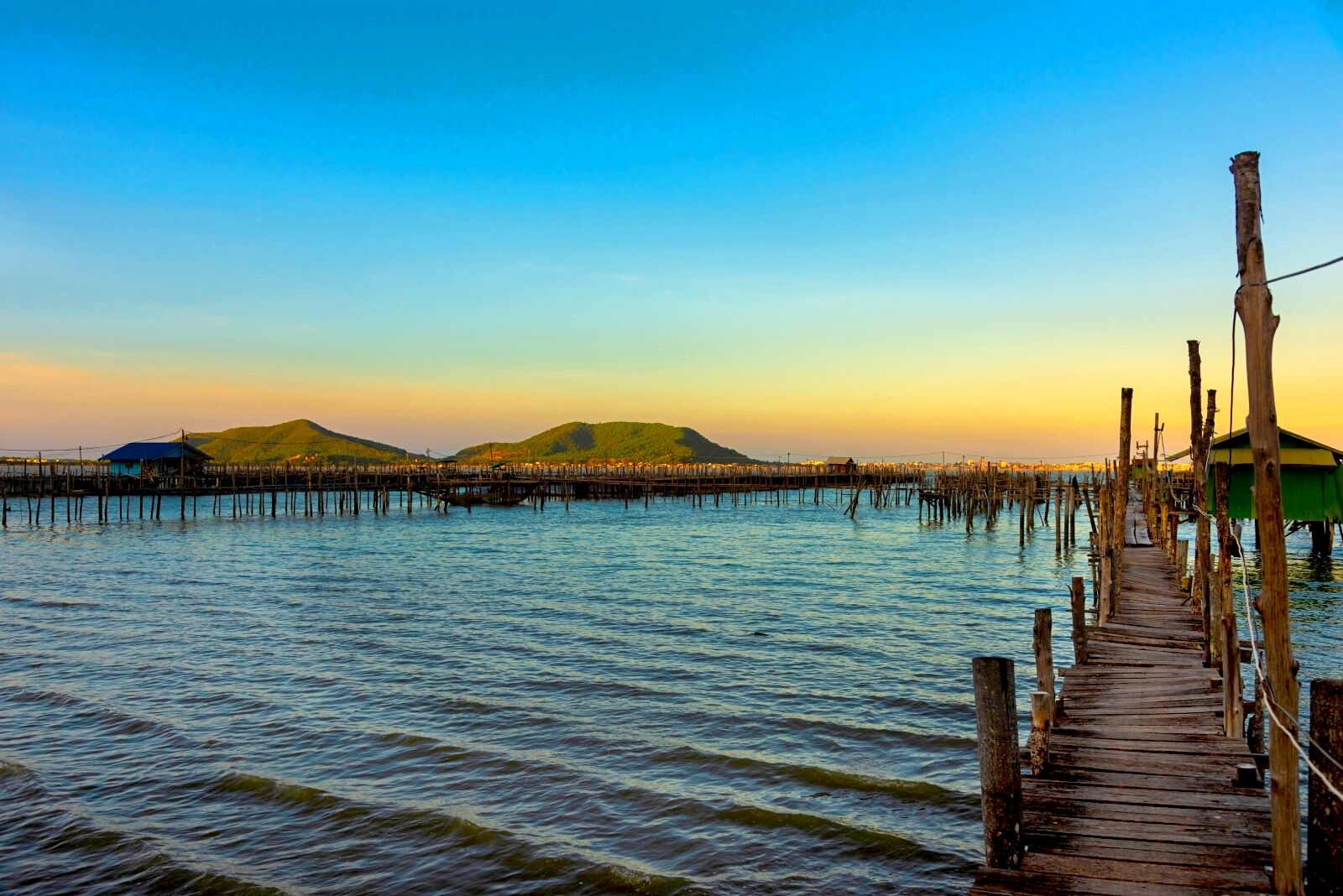Tourism Ministry sets its sights on developing Songkhla

Songkhla has caught the attention of the Ministry of Tourism and Sports, which has set a 100 billion baht tourism revenue goal over the next decade. The ministry dubbed the Songkhla Lake Basin a Designated Areas for Sustainable Tourism Administration (DASTA) project.
As always, the Tourism Ministry came up with a catchy, exciting name: “Amazing Songkhla Lagoon: Moving forward as a designated area for sustainable tourism.”
Minister of Tourism and Sports Pipat Ratchakitprakarn believes the project will boost visitors to the southern region and pump up the economy for local communities over the next 10 years. The focus on bringing revenue to the area is part of a 20-year national strategy aimed at strengthening local economies by generating income for communities.
The Songkhla Lake Basin area spans the three provinces of Nakhon Si Thammarat, Phatthalung, and Songkhla, which encompasses 142 communities in total. It is now the seventh designated area supervised by DASTA.
The development plan for the next five years from now until 2027 has a 5 billion baht budget. The government expects to see that investment return tenfold, generating 50 billion baht in revenue, and another 50 billion in the next five years after.
Despite economic and social issues around the world, Thailand upgraded its prediction at the end of last year for 18 million foreigners visiting in 2023. They expect at least 25 million and say if things go well with China’s reopening, that number could reach 30 million.
Piphat argues that there are enough tourists to go around and Songkhla deserves a piece of the pie. He points to the unique lagoon, Thailand’s largest natural lake. The lagoon has three distinct areas, with the south having salty, brackish water, and the north having beautiful mangrove swamps.
Pipat also boasts a particularly diverse culture where three different religions converge, as Thai and Thai-Chinese Buddhists mix with Malay Muslims. Songkhla also has a long and rich history, dating back to a Malay settlement several thousand years ago. Archaeologists have revealed that it was a major urban area as early as the 10th to 14th centuries.
The Cabinet endorsed the Songkhla Lake Basin as a designated area last year. Now, the five-year plan has received recognition from the National Economic and Social Development Council and the National Tourism Policy Committee.
Dasta’s director explained that the first step this year will be focusing on quality development that is safe. They will research new routes and educate the local communities about tourism.
Other areas being studied for future development as Designated Areas for Sustainable Tourism Administration include Koh Kho Khao in Phang Nga and Krabi’s Khlong Thom area.
Latest Thailand News
Follow The Thaiger on Google News:


























